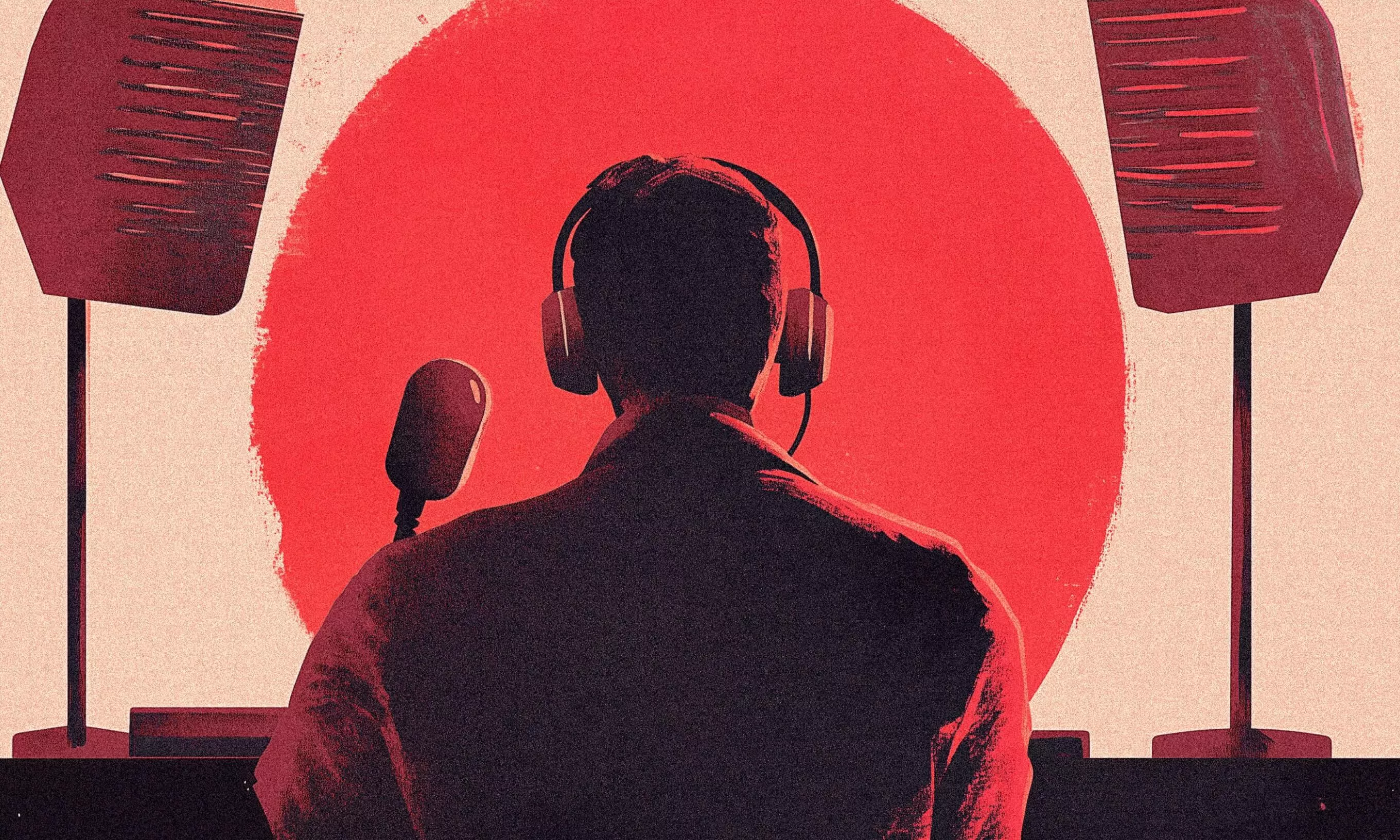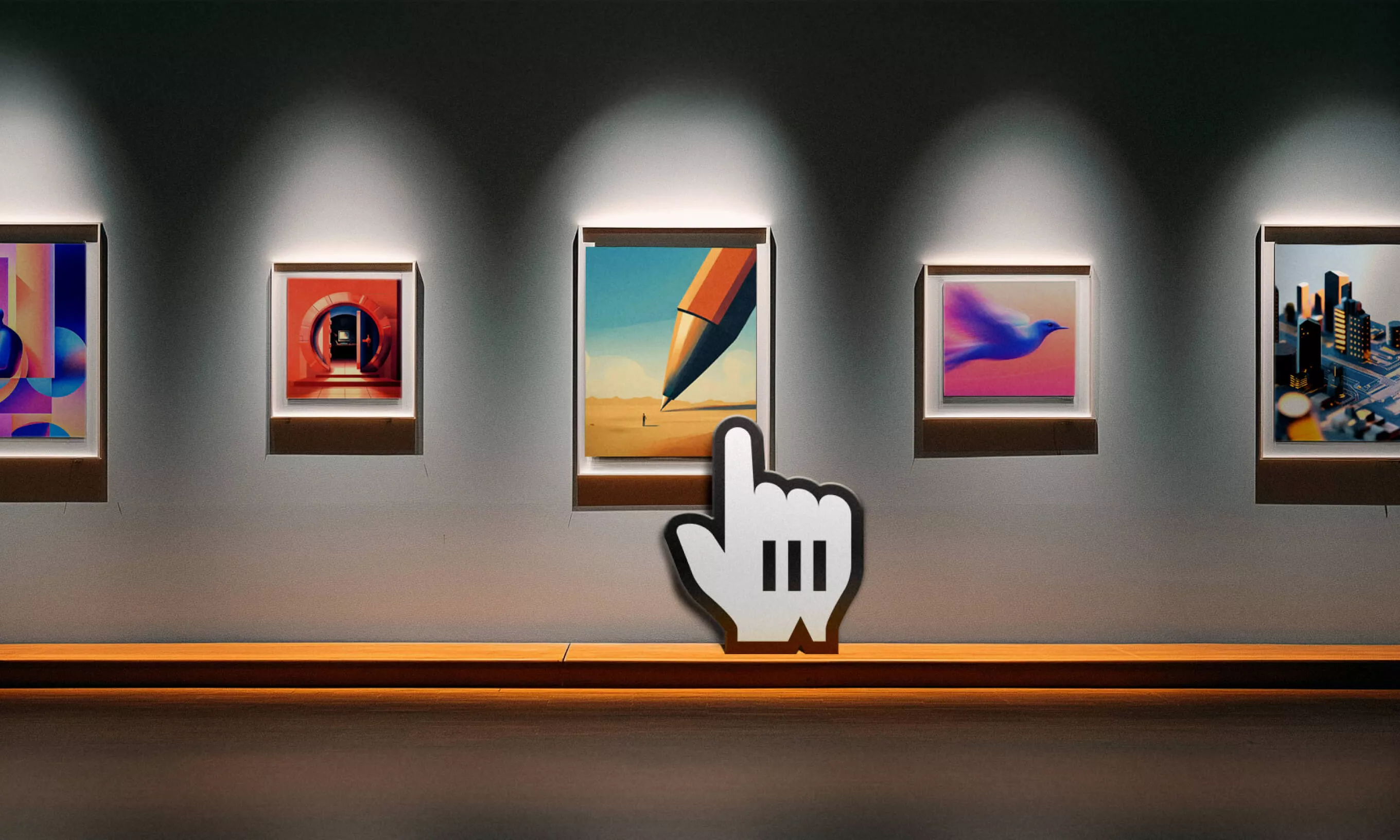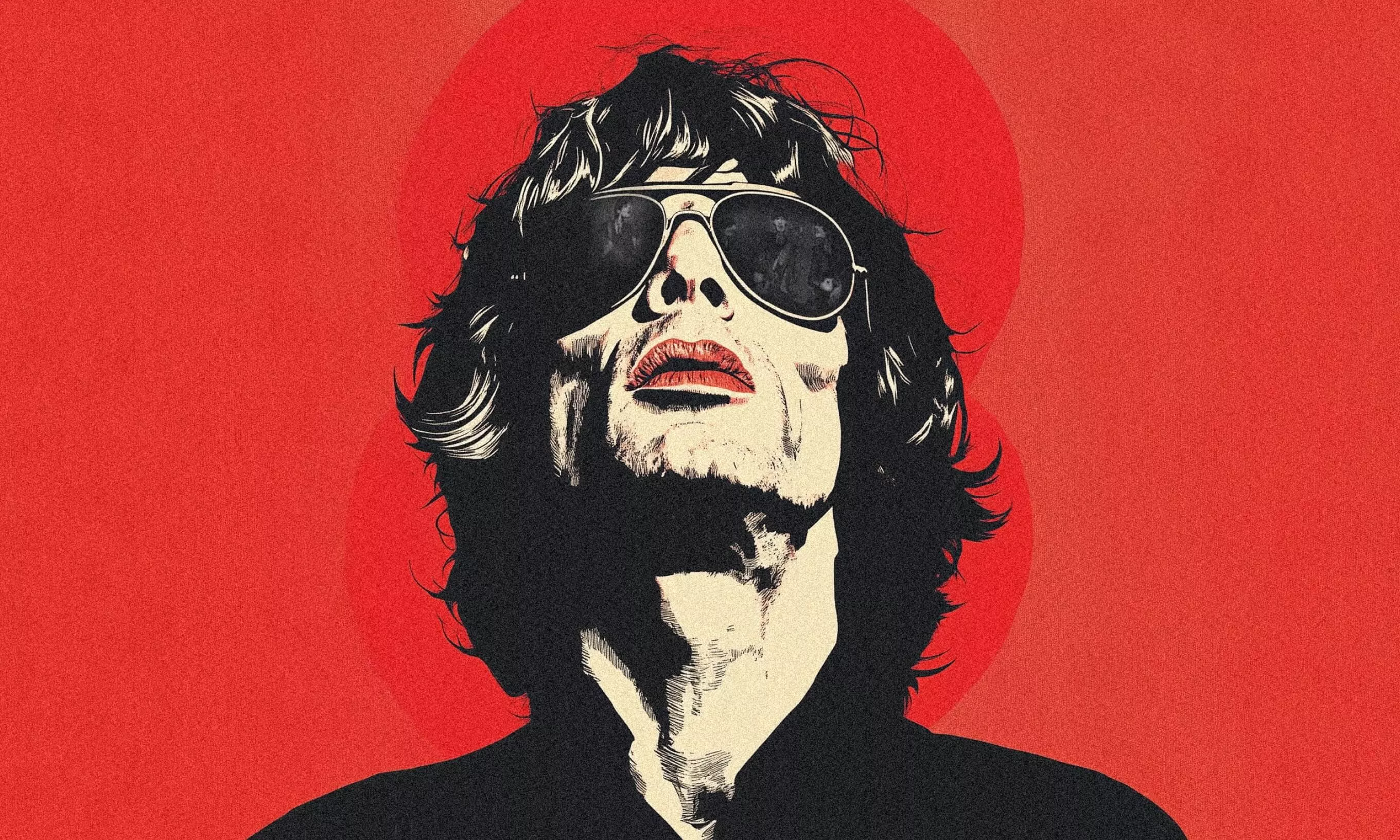We explore the history of podcasting, a several-billion dollar industry that has sold everything from vitamins to luxury watches, had Elon Musk smoking marijuana in an interview, and got a person serving a life sentence for murder out of jail.
These days, it seems to be easier to find a podcaster than a parking spot. From Joe Rogan’s controversies to Dr. Andrew Huberman’s discussions on science and science-based tools for everyday life, the format attracts millions of listeners.
It’s 504.9 million listeners worldwide, to be precise. That’s 23.5% of all internet users, who have around 4.2 million registered podcasts to choose from.
If you prefer words to numbers, let’s put it this way: it’s a massive phenomenon.
However, this wasn’t always the case. Mere twenty years ago, this unique blend of “audio blogging” was mostly a hobby for a handful of tech enthusiasts.
So, how did all boom and why?
The podcasting evolution
At the start of the new millennium, the term “podcast” didn’t even exist. The format began to take shape in the 1980s with online radio and downloadable audio shows, but 2003 is widely considered the birth year of podcasts. That year, software developer Dave Winer created the first audio RSS feed, and with former MTV video jockey Adam Curry, developed iPodder, a program that allowed users to download internet radio broadcasts to their iPods.
In the same year, former New York Times journalist Christopher Lydon launched Radio Open Source, the first show we’d recognize as a podcast today, which remains the longest-running podcast in the world.
The term “podcasting” was coined a year later, in 2004, by journalist Ben Hammersley in an article for The Guardian. He cleverly combined “iPod” and “broadcasting” to create a catchy term that quickly became a household name.
However, the true turning point for podcasting came in 2005, when Apple integrated podcast subscriptions into iTunes, now known as Apple Podcasts. This made it easy for users to find, subscribe to, and download podcasts, and off they went from niche to mainstream.
Podcast popularity continued to grow, but it wasn’t until 2014, with the release of Serial, that podcasting truly took off. The show’s compelling investigative journalism and serialized storytelling captivated millions, and true crime still remains one of the most popular genres in the podcasting world.
In the following years, the podcasting landscape evolved dramatically. Between 2019 and 2021, Spotify expanded aggressively into the market through various acquisitions and a landmark $200 million deal with Joe Rogan. By 2021, it had overtaken Apple as the top podcast platform in the U.S.
Today, podcasting is stronger than ever. We get to enjoy all sorts of niche content, from baby sleep advice to beekeeping tips, and, why are you even surprised, podcasts written and hosted entirely by generative AI.
The irresistible appeal of audio
When it comes to why podcasts are so popular, some point to Steve Jobs’ magic touch. And there’s no denying it – Apple’s support opened the doors to the devices of billions of users. Others might argue that Serial was the key catalyst, being the first show to capture millions of listeners and bring unprecedented attention to the medium.
But regardless of what initially sparked the podcasting craze, here’s what keeps that craze alive: the irresistible appeal of audio.
Humans love to hear other humans’ voices. When we listen to the same voices week after week, discussing topics close to our hearts, a podcast starts to feel like hanging out with friends.
When TV rose to prominence in the mid-20th century, many claimed radio was dead. But radio never died. It continued to peacefully coexist alongside the dominant visual medium, eventually branching away and evolving into podcasts. At the core, podcasts are no more than highly specialized, on-demand radio shows distributed online.
And why do we love audio so much? For one, there’s the low-commitment factor. Watching video requires more cognitive effort and engagement (as evidenced by the struggle many face in curbing their YouTube or TikTok time). Audio, on the other hand, is something you can consume while on the go – driving, walking your dog, folding laundry, or simply enjoying the scenery. And yes, while many podcasts now come in video form, they remain an audio-first medium at heart.
Another reason for their popularity is their intimate and personalized nature. Humans love to hear other humans’ voices. When we are listening to the same voices week after week, discussing topics close to our hearts, listening to a podcast starts to feel like hanging out with friends.
Podcasts are the next-generation radio, finely tuned to what you want to hear.
We deliver you… the Delivered podcast
If you’re among the nearly a quarter of the internet population that has a taste for content consumption via the auditory system, you’d be pleased to know that our monthly live online event Delivered is now also a podcast.
Available on all major podcast platforms, Delivered is now accessible to you where you like it and when you like it. In case you joined us only recently, it’s a great opportunity to catch up on some of the past episodes like:
Captivating conversations with change-makers who delivered, out-of-the box advice from top industry experts, and of course, our charismatic host Chris Bradshaw all wait for you on the platform of your choice.











